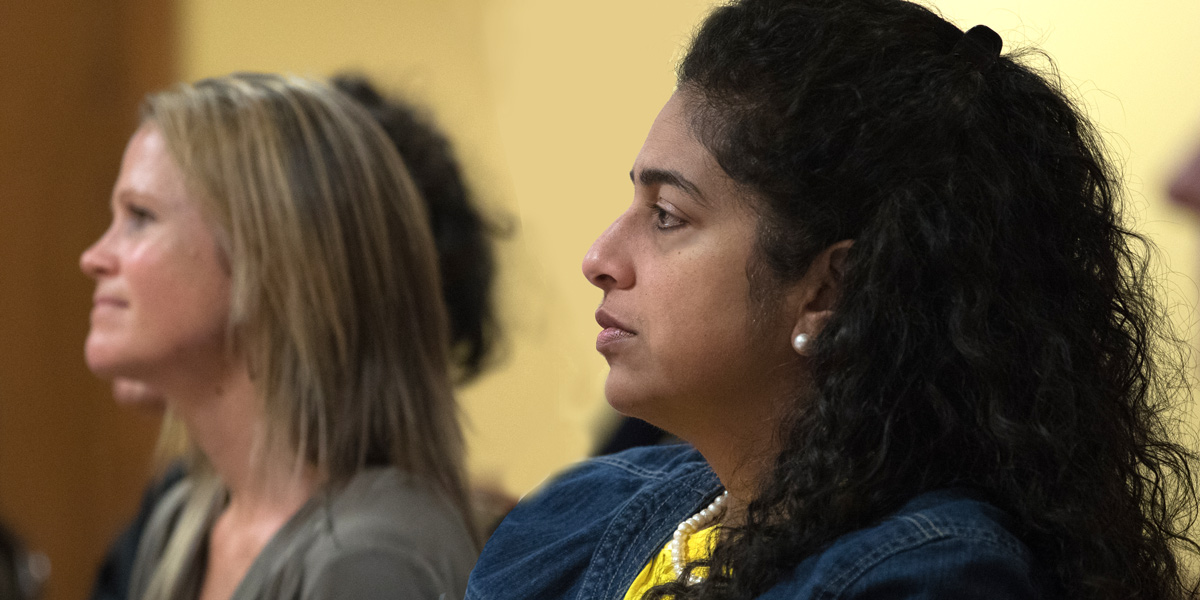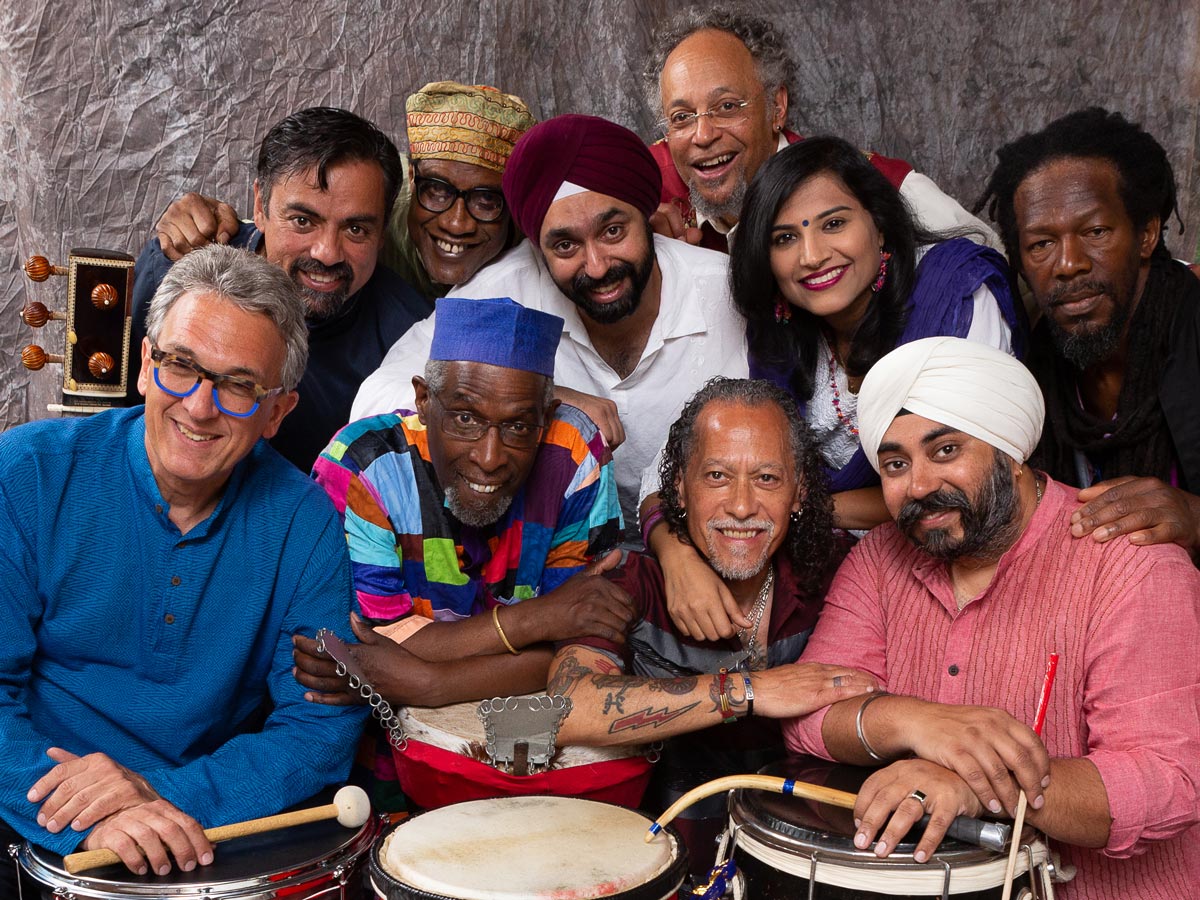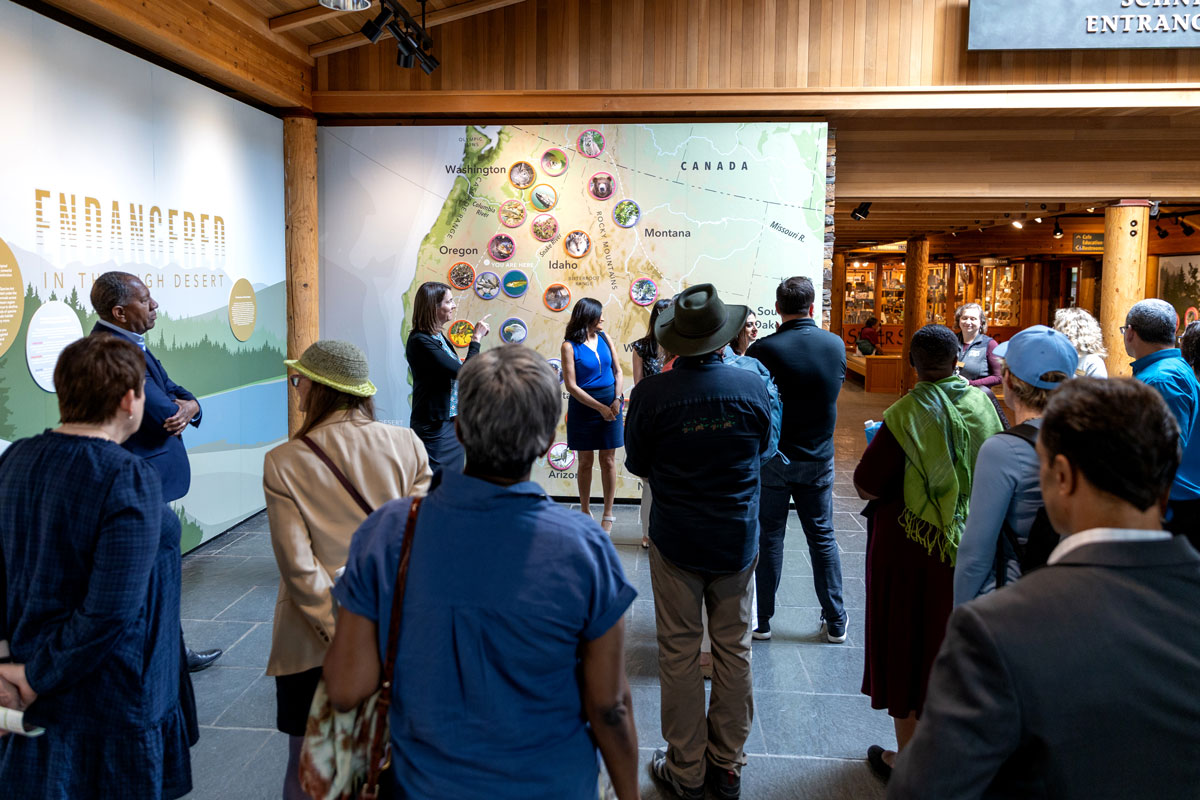Achieving equity is more doable with a nice cup of CHAI.
I like to tease participants in my workshops with the promise of chai, accompanied by a beautiful image of aromatic spices surrounding a steaming cup of brown beauty.
Participants are sometimes a little disappointed when they realize I don’t mean the delicious, spiced drink. It’s an acronym I developed for the ingredients necessary to work toward multicultural competence and change. I share this C.H.A.I. “recipe” with all my clients, and now I’m passing it along to you:
COMPASSION:
In her book The Candymakers, children’s author Wendy Mass writes, “Be kind, for everyone you meet is fighting a battle you know nothing about.” That mantra for compassion most certainly applies to issues of power and privilege. What battles do we know nothing about, and how do we lean in with compassionate curiosity? Doing that may first require self-focused compassion. We need compassion for the conflicting parts of ourselves—for example, a part of us that spikes with shame when thinking about how racism is embedded within us—before we can truly listen to and connect with others.
HUMILITY:
Humility is another way we can work to understand experiences that differ from our own. A line in Beyoncé’s 2020 musical film and visual album, Black Is King, is a beautiful example of humility: “The same thing I’m asking of you, I’m asking of myself.” To practice humility is to be as invested in calling yourself out as you are in taking someone else to task. Humility hinges on these questions: What are the limits of my knowledge? How can I listen for understanding? What does my own continued growth look like?
ACCOUNTABILITY:
Accountability is humility in action—taking responsibility for our words and our work. It’s about holding ourselves to account when we say something offensive or when we participate in a policy that is problematic (e.g., racist, sexist, xenophobic, or transphobic). Accountability is at the center of the work required to move toward equity. Accountability isn’t about defending our intentions. Rather it asks what impact our words or actions have on others, and how we can acknowledge and work with that.
INSISTENCE:
Here’s the counterbalance. It’s nice to be compassionate. It’s nice to be humble. It’s important to hold ourselves accountable. But if we’re experiencing bias or we see others experience it—which we will because we’re all embedded in often unjust and inequitable societal systems—we need to be insistent about speaking up. That’s the first step to addressing, disrupting, or dismantling the problem. This last ingredient, to me, is what makes our compassion, humility, and accountability effective at a systemic level. If we stop short of insisting, unfair systems remain unchanged.
When the elements of CHAI are in harmony, it becomes an unstoppable package. If we’re really compassionate, humble, and accountable, we can also afford to be insistent. Insistence is a key form of allyship—standing up for other people, standing up for ourselves, and being assertive when needed.
While these concepts aren’t specific directives, they promote vital self-reflection. Do I need more compassion in this situation? Should I be more insistent in pointing out this issue?








